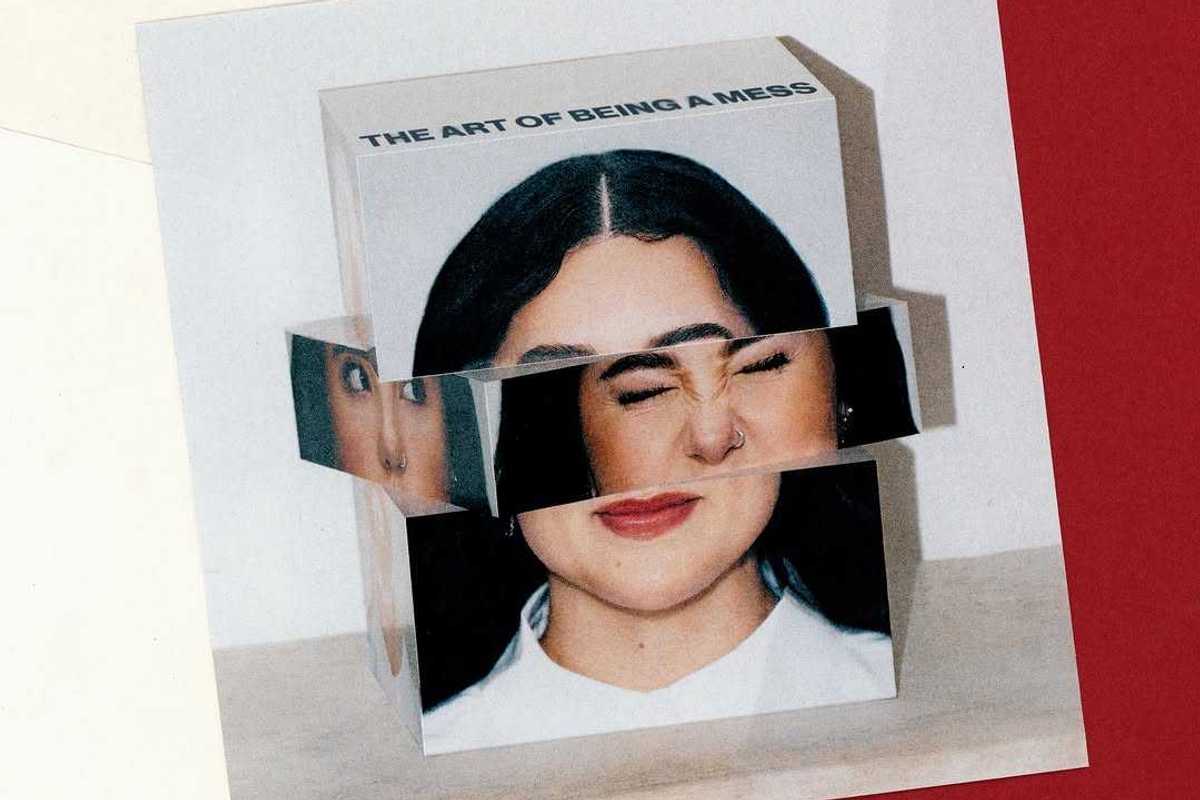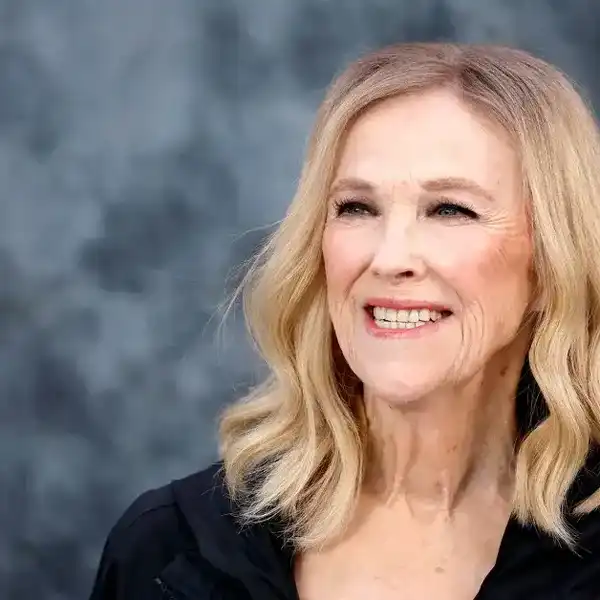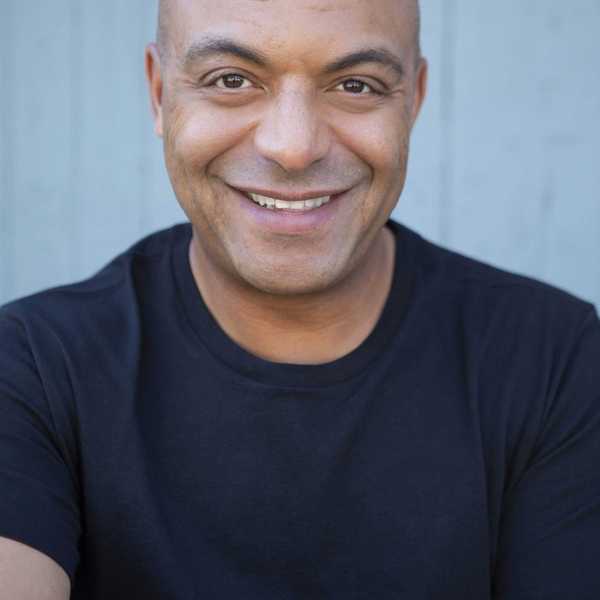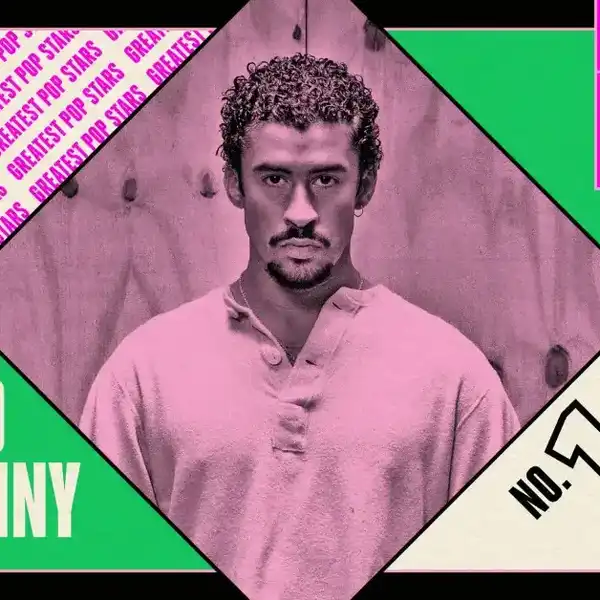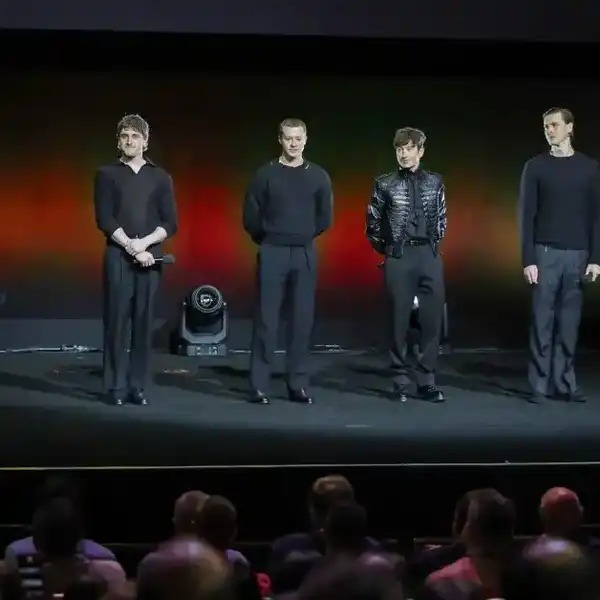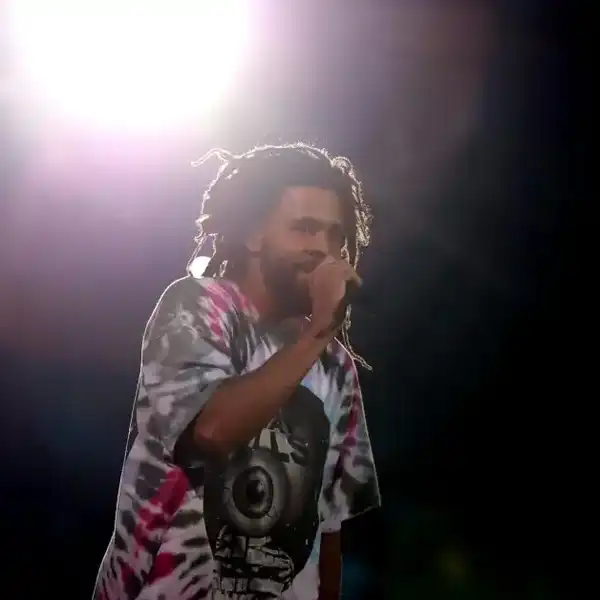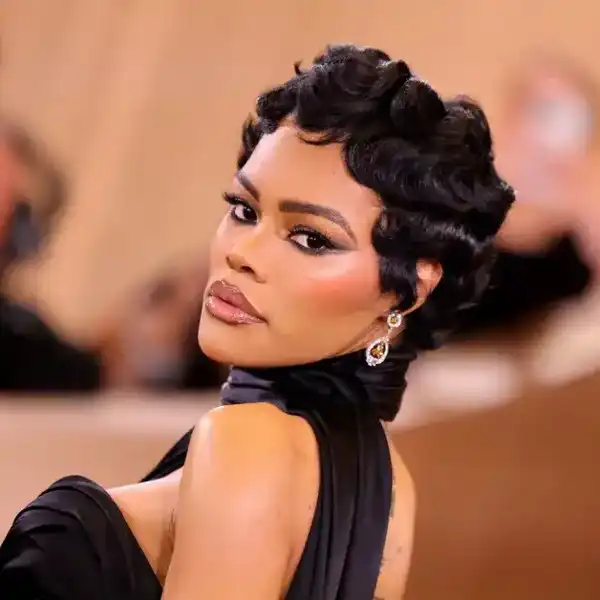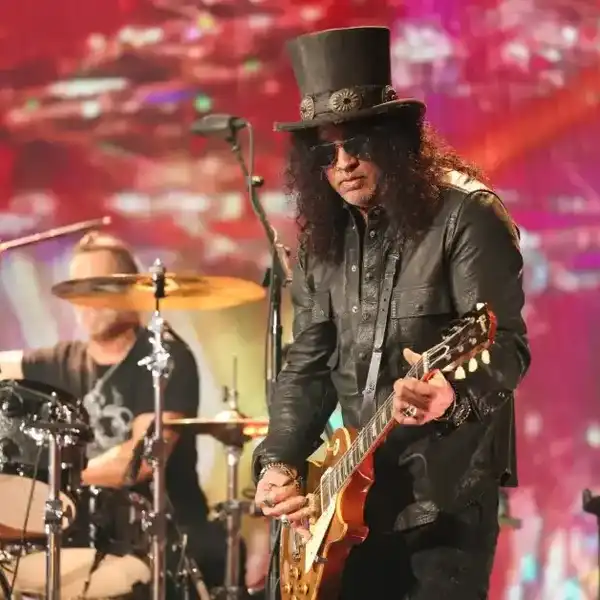advertisement
Billboard is a part of Penske Media Corporation. © 2023 Billboard Media, LLC. All Rights Reserved.
advertisement
Latest News
advertisement
BILLBOARD CANADA FYI
A weekly briefing on what matters in the music industry
By signing up you agree to Billboard Canada’s privacy policy.
advertisement
advertisement
MusicApril
Looking Ahead: A Release Calendar of New & Upcoming Canadian Albums In 2026
A regularly updating list of new and upcoming albums from Canadian artists. Keep checking back as artists announce new releases.
18m
Canadian artists have moved into 2026 with some big releases on the horizon.
Some have begun their album cycles, others have confirmed release dates and some have just teased that their records will be out this year. It has been a growing industry trend for major name artists to put out new music with little or even no advance notice, so coming out with a definitive and iron-clad release schedule is an ongoing process. That's why we will now be updating this calendar throughout the year. Check back each week to see the new additions.
Here is our current list of upcoming albums with some of the most highly anticipated singled out. Here, in chronological order, are our Billboard Canada picks, followed by the full calendar of new and upcoming Canadian releases.
advertisement
Albums to Look Forward to In 2026
Softcult, When A Flower Doesn’t Grow (Easy Life Records) — Jan. 30
Sibling alt-rock duo Softcult have made a splash via singles and EPs over the past five years, but news of a debut full-length is arousing interest at home and abroad. The group's shoegazey sound and unflinching lyricism — this album is touted to "explore cycles of abuse, conformity and systemic oppression, while honouring the courage it takes to break free" — has made them a serious band to watch. This debut album and an extensive U.S. tour in support of Lights will spread the word.
Beverly Glenn-Copeland & Elizabeth Copeland, Laughter In Summer (Transgressive) — Feb. 6
Renowned songwriter and performer Beverly Glenn-Copeland has had a fascinating career that has ranged his work on children's show Mr. Dressup to a pioneering synthesizer album (1986's Keyboard Fantasies, later honoured with the Slaight Family Polaris Heritage Prize) and a late-career revival that has seen him recognized as a transgender music icon. Recently diagnosed with dementia, he continues to create new music. Released on Feb. 6, Laughter In Summer features new music alongside revisiteded earlier songs.
advertisement
Daphni, Butterfly (Jiaolong) — Feb. 6
Internationally-acclaimed Hamilton songwriter and producer Dan Snaith is a man of many monikers. He earlier recorded as Manitoba and now releases material as both Daphni and the Polaris Prize-winning Caribou. Daphni usually represents Snaith's more upbeat and danceable side, and new offering Butterfly (out on Feb. 6) features his first ever vocal on a Daphni cut, "Waiting So Long." Somewhat confusingly, it is deemed Daphni feat. Caribou, which would be Snaith featuring Snaith.
Larkk, Cinders — Feb. 13
Given her role as the powerhouse voice behind the indie rock duo Dear Rouge, Danielle McTaggart's move into a solo career as Larkk is an exciting evolution. This album promises a shift to "raw, poetic vulnerability." She makes her debut with Cinders, out on Feb. 13.
Peaches, No Lube So Rude (Kill Rock Stars) — Feb. 20
Influential Canadian electroclash icon Peaches returns to the fray on Feb. 20 with a new album, No Lube So Rude, her first for famed indie label Kill Rock Stars and first in over a decade. The artist, now celebrated at retro "indie sleaze" parties throughout the globe, has not toned down her act, as evidenced by song titles like "F&#! Your Face," and Hanging Titties."
advertisement
The Sheepdogs, Keep Out Of The Storm — Feb. 27
Classic rock revivalists The Sheepdogs are prepping the release of a new album, Keep Out of the Storm, on February 27. It comes out on their own indie imprint, Right On Records, following their departure from their major label, and it also follows the exit of longtime drummer Sam Corbett. The one-time Rolling Stone cover stars used multiple notable drummers to record the new material, recorded by Thomas D'arcy and produced by frontman Ewan Currie.
advertisement
Cat Clyde, Mud Blood Bone (Concord)— March 13
This acclaimed indie-folk artist recently signed to prestigious U.S. label Concord Records. Cat Clyde's label debut (and fourth full-length) was produced with Drew Vandenberg (Toro Y Moi, Faye Webster, S.G. Goodman) and includes collaborations with Boy Golden and Courtney Marie Andrews. A label bio calls the album "a trudge through the swamp and into vast, cleansing waters that finds Clyde at a critical point of personal evolution — equal parts despair, invocation, discovery, and celebration." A North American tour with Boy Golden in support is set for March to May. Itinerary here.
Wintersleep, Wishing Moon (Dine Alone) — March 27
Another veteran Canadian rock band, Wintersleep, will put out a new full-length, Wishing Moon, on March 27. Since forming in Halifax, the they've been active for over 20 years, and this will be their eighth album. The fact that it is their first since 2019's In The Land Of is arousing new interest, as is news of a Canadian tour starting May 9, after a U.K./Europe tour. Itinerary here.
Good Kid, Can We Hang Out Sometime? — April 3
Good Kid is a Toronto-based indie rock quintet that has built a huge indie following online, with 700 million streams across their catalogue, viral antics and a gold certification for their hit Laufey cover, “From The Start." That has helped fuel anticipation for their full-length debut record, Can We Hang Out Sometime? The band recently announced an extensive 2026 North American and EU/U.K. tour. Itinerary here.
Tiga, Hot Life (Turbo Recordings / Secret City) — April 17
Another eagerly-awaited spring release is Hot Life from Tiga, due out on April 17, on his Turbo Recordings imprint. The veteran electronic/dance music DJ and producer is a legend in that scene and this will be his first studio album in over a decade. It features artists such as Fcukers, Boys Noize, Maara and MRD.
advertisement
Arkells — TBD
One of Canada's most successful rock bands of the last decade, Arkells have confirmed that they will release a new album in 2026, but no title or release date has been shared. The band will perform at this year's Juno Awards, held in their hometown of Hamilton, following tour dates in Europe and the U.K.. Last month, Arkells delivered a new single, "Money, " featuring U.S. band Portugal. The Man. Recently, frontman Max Kerman shared his 2026 music industry resolution — "remember the people... the stagehands, the crowds, the invisible ecosystem... that allow the things we love to exist in the first place — in a guest column for Billboard Canada.
The New Pornographers, The Former Site Of — TBD
In March 2025, the veteran indie rockers released their first full band tracks since 2023, “Ballad of the Last Payphone” and “Ego Death For Beginners,” recorded with new drummer Charley Drayton, who replaced the disgraced Joe Seiders. The group's 10th full-length, The Former Site Of will and help them move forward into a new era.
advertisement
Drake, Iceman (OVO Sound) — TBD
Then, there's Drake. The global superstar loves to surprise people by dropping albums without announcing a release date in advance but plenty of advance hype. Drake has been teasing Iceman for many months, and promised in a recent livestream that it is coming in 2026. “We’re focused. I know what you’re waiting on, so trust me. We’re cheffing," he said.
Writing by Kerry Doole
Here is the full list of upcoming Canadian albums with confirmed release dates.
2026 Calendar of New and Upcoming Canadian Albums
January
Jan. 30:
- Softcult, When A Flower Doesn’t Grow (Easy Life Records)
- Gab Bouchard, Encore
- New Saint, Santo
- Luca Fogale, Challenger (Nettwerk Music Group)
- Geneviève Racette, Golden (Deluxe)
- Triples, Every Good Story (Bleak Enterprise)
- Lights, A6EXTENDED
- The Sling Sisters, What I Hope to Find
- Miarlequin, The Fool
February
Feb. 6:
- Beverly Glenn-Copeland & Elizabeth Copeland, Laughter In Summer (Transgressive)
- Nick Schofield, Blue Hour (Backward Music)
- Daphni, Butterfly (Jiaolong)
- Mars Aspen, Baby Teeth (Twin Fang)
Feb. 8
- Aquakulture, 1783
Feb. 11
- Mike Van Eyes, Ain’t That Loving You, Baby
Feb. 13:
- Boy Golden, Best of Our Possible Lives (Six Shooter Records)
- Pony, Clearly Cursed
- Larkk, Cinders
- Lauren Spencer Smith, The Art of Being A Mess (Deluxe) (Universal Music Canada)
- Colin Stetson, Greg Fox, Trevor Dunn, Nethering (Envision)
Feb. 20:
- NYSSA, Cursebreaker (Six Shooter)
- Peaches, No Lube So Rude (Kill Rock Stars)
- Dominique Fils-Aimé, My World Is The Sun (Ensoul)
- CVCHE, Get Fluffy
Feb. 27:
- Bibi Club, Amaro (Secret City)
- The Sheepdogs, Keep Out Of The Storm
- Garrett T. Willie, Bill's Cafe
- Donovan Woods, Squander Your Gifts EP (Warner Music Canada)
- Julianna Riolino, Echo In The Dust (Deluxe) (Moonwhistle Records)
- School House, Homeland
- The Sarandons, Long Way Home
March
Mar. 6:
- Motorists, Never Sing Alone (We Are Time)
- Jenn Grant, Queen of the Strait
- Tanya Tagaq, Saputjiji (Six Shooter)
- Status Non-Status, Big Changes (You'e Changed)
Mar. 13:
- Malinowski, Under A Landslide of Stars
- Marie Celeste, Tout ce qui brille
- Various Artists, Covered - A Tribute to Nash the Slash (We Are Busy Bodies)
- Suzie Ungerleider, Among the Evergreens (Deluxe) (MVKA)
- Cat Clyde, Mud Blood Bone (Concord)
Mar. 19:
- Gnarwhal, Lucid Machine
Mar. 20:
- Aysanabee, Timelines (Ishkōdé Records)
- Edwin Raphael, I Know A Garden
- Ariel Posen, Bannatyne (Dine Alone)
- MIINA, Where The Light Goes
Mar. 27:
- Wintersleep, Wishing Moon (Dine Alone)
- Sunglaciers, Spiritual Content (Mothland)
- Charlotte Cornfield, Hurts Like Hell (Next Door Records/Merge)
- Arielle Soucy, Passages (Bonbonbon)
- The New Pornographers, The Former Site Of (Merge Records)
April
Apr. 3:
- Good Kid, Can We Hang Out Sometime?
Apr. 10:
- Les Louanges, Alouette! (Bonsound)
- Kaeley Jade, The Great Unknown
Apr. 10:
- Rae Spoon, Assigned Country Singer At Birth (Coax Records)
- Maude Audet, May Your Light
Apr. 17:
- Tiga, Hot Life (Turbo Recordings / Secret City)
- LØLØ, god forbid a girl spits out her feelings! (Fearless Records)
April 24
- Elyssia Biro, Running From Nothing (Universal Music Canada)
- Atsuko Chiba, Atsuko Chiba (Mothland)
May
May 1:
- Eden FM, Ataxia (Cursus Audio)
October
October 23:
- Matt Lang, Ain't That Bad (River House Artists)
keep readingShow less
advertisement
Popular
advertisement
Published by ARTSHOUSE MEDIA GROUP (AMG) under license from Billboard Media, LLC, a subsidiary of Penske Media Corporation.
advertisement


